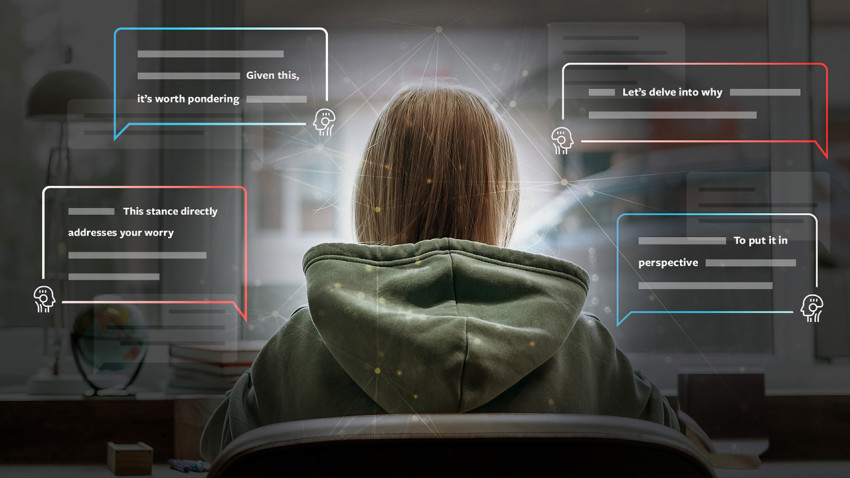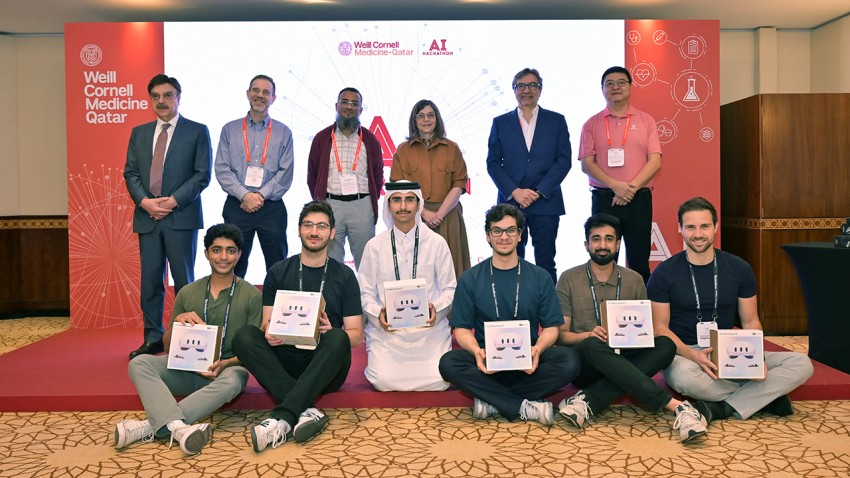News
A short interaction with a chatbot can meaningfully shift a voter’s opinion about a presidential candidate or proposed policy in either direction, new Cornell research...
New grant funding will support eight research projects seeking to reduce AI’s energy use and integrate AI in environmental...
The funding will help arXiv – which is maintained and operated by Cornell Tech – finish migrating to cloud infrastructure and modernizing its...
An August article by Grimmelman, co-authored with A. Feder Cooper, Ph.D. ’24, was cited in a landmark European court ruling against OpenAI on Nov....
By studying the theoretical limits of how light can be used to perform computation, Cornell researchers have uncovered new insights and strategies for designing energy-efficient optical computing...
The gift from Josh Kulkin ’01 will bolster the university’s position as a world leader in foundational artificial intelligence...
A team of researchers from across campus has created a roadmap outlining the barriers and opportunities to making autonomous vehicles...
Researchers used advanced data analytics to create a state-by-state look at that environmental impact of the AI boom and how to make the computing infrastructure that supports it more...
Tapomayukh “Tapo” Bhattacharjee plans to develop a robot-assisted system that will not only prepare meals for people with severe mobility limitations but also feed them and clean their table...
At 15, Tobias Weinberg lost the ability to speak - now as a Ph.D. student at Cornell Tech, he's using AI to improve the technologies he and others with speech disabilities rely on to...
A multicollege team has developed a prototype of a knitting machine that creates solid, knitted shapes, adding stitches in any direction so users can construct a wide variety of shapes and add stiffness to different parts of the...
Weill Cornell Medicine-Qatar hosted its first AI Hackathon – a collaborative, interdisciplinary event that brought together medical and computer science students to develop AI-driven solutions for pressing clinical...













